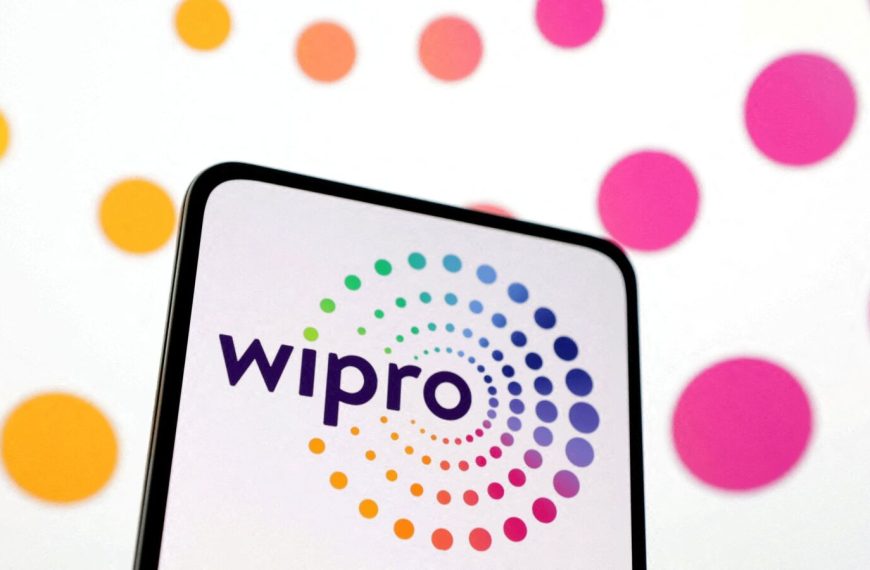Nvidia Faces $5.5 Billion Hit Due to New US Export Restrictions
In a significant development, Nvidia revealed on Tuesday that it anticipates a staggering $5.5 billion impact on its current fiscal quarter following the U.S. government’s latest restrictions on exporting its H20 artificial intelligence (AI) chips to China. Consequently, Nvidia’s stock took a sharp downturn, dropping by 6.33% in after-hours trading. This announcement highlights the ongoing tension between the U.S. and China regarding advanced technology.
New Licensing Rules for AI Chips
According to a filing with the U.S. Securities and Exchange Commission (SEC), Nvidia disclosed that U.S. officials have mandated that the company must secure export licenses for its H20 chips intended for the Chinese market. This requirement arises from concerns that these advanced chips could be utilized in supercomputers within China. The licensing rules specifically target Nvidia’s graphics processing units (GPUs) that possess bandwidth comparable to that of the H20.
- Key points from Nvidia’s SEC filing:
- Anticipated charges of $5.5 billion for H20-related inventory and commitments.
- The current fiscal quarter concludes on April 27.
- The licensing requirement is set to last indefinitely.
AI Chips Under Scrutiny
Nvidia’s advanced AI chips have become a focal point in the U.S. government’s export control measures. Officials aim to restrict access to cutting-edge technology for China, keeping the nation at the forefront of the global AI race. Following these new regulations, Nvidia has been actively designing chips that align with U.S. limits while still meeting market demands.
The H20 chip stands as Nvidia’s most sophisticated offering in China. Its significance is underscored by the rising interest from major Chinese firms like Tencent, Alibaba, and ByteDance, which have been increasing their orders due to the surging need for affordable AI models, particularly from startups like DeepSeek.
Nvidia’s Ambitious Plans
In a related announcement, Nvidia revealed its intention to invest heavily in AI infrastructure within the U.S. The company plans to develop AI servers valued at approximately $500 billion over the next four years, collaborating with industry partners such as TSMC. Additionally, Nvidia is establishing supercomputer manufacturing facilities in Texas in partnership with Foxconn and Wistron Corp. They are also working with Amkor Technology Inc. and Siliconware Precision Industries Co. for packaging and testing operations in Arizona.
- What’s next for Nvidia:
- Expected ramp-up of mass production in the next 12 to 15 months.
- Continued focus on maintaining a strong presence in the AI sector despite export challenges.
With these developments, Nvidia is navigating a complex landscape shaped by regulatory hurdles while striving to maintain its leadership in the rapidly evolving AI industry.










